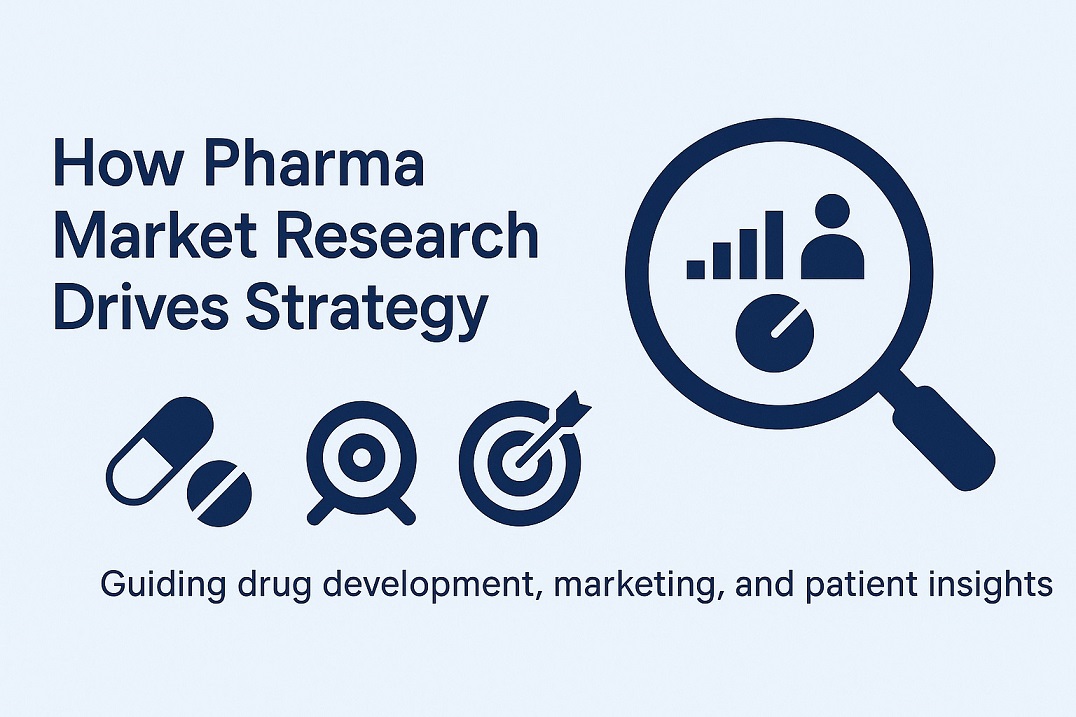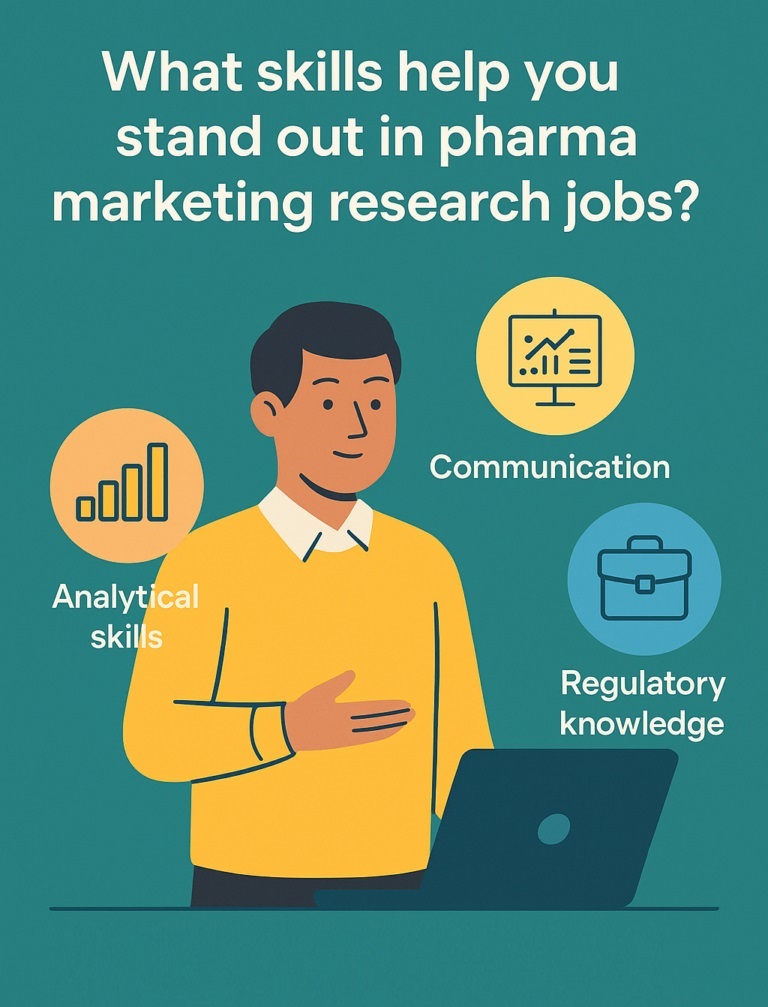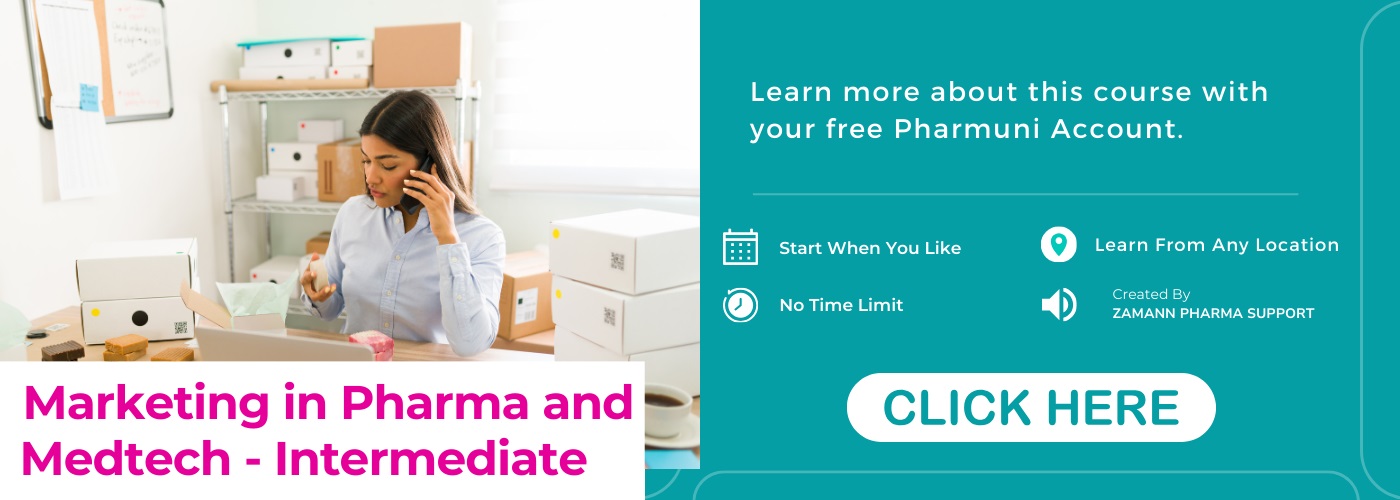Discover how pharma market research drives strategic decisions across drug development, marketing, and patient insights. This article distills complex methods into clear, practical guidance. You’ll learn what market research in pharma involves, why it matters, how to choose research firms, and career paths in this field. You’ll also find tips, comparisons, and real-world examples that boost your understanding.
Whether you’re an entrepreneur, a marketer, or a job seeker, this friendly, professional guide equips you to act confidently.

Pharma market research definition
Pharma market research means gathering strategic insights in the pharmaceutical sector. It involves studying patients, healthcare professionals, competitors, and trends. It informs drug development, marketing, and business planning.
Pharma market research includes both primary market research and secondary sources. Firms conduct interviews, surveys, and focus groups. They also analyze clinical trial data, regulations, and treatment landscapes. This process helps market research pharma companies inform decision-makers. It ensures evidence-based strategy and compliance. It also supports consumer and market research in the pharma sector by capturing needs, usage, and market gaps.
Why should you choose market research pharma?
Market research minimizes guesswork in strategic planning. It highlights potential challenges before they become costly mistakes. As a result, companies allocate budgets more efficiently and achieve stronger returns.
Understanding patients’ pain points ensures that new products meet real-world demands. Research reveals unmet needs that competitors may overlook. This insight drives innovation and patient-centered solutions.
Thorough research provides data that regulators value during submissions. It also prepares teams for audits and inspections. This proactive approach speeds up approvals and smooths market entry.
Effective campaigns rely on accurate, data-driven insights. Research identifies the channels, language, and messages that resonate with healthcare providers and patients. This precision builds trust and improves engagement.
Market research benchmarks products against competitors to clarify unique value propositions. It informs pricing decisions aligned with market expectations and payer demands. This strategic clarity improves profitability and market share.
Research highlights trends that shape future therapeutic needs. By anticipating these changes, companies develop products that stay ahead of demand. This forward-thinking approach keeps pipelines competitive and sustainable.
Marketing in Pharma and Medtech - Intermediate
How does pharma market research support business growth?
1-What role does it play in regulatory and strategic planning?
Pharma market research plays a vital role in navigating complex regulatory environments. It provides insights that help align drug development with emerging guidelines. For instance, research can identify unmet clinical needs and patient population segments. That helps companies focus on areas with high demand and regulatory alignment. It shortens approval timelines. It also informs pricing strategies by showing payers’ willingness to reimburse. Clear evidence from research builds credibility with regulators and payers. It gives firms a competitive edge in crowded therapeutic areas.
Additionally, market intelligence helps craft effective communication with healthcare professionals. Studies can reveal what messaging resonates, which channels work best, and what barriers exist. This supports targeted marketing and physician outreach, boosting uptake post-launch.
2- What impact does it have on product development and patient outcomes?
It shapes product pipelines for maximum impact. By gathering patient and clinician feedback early, firms can refine formulations, routes of administration, or delivery mechanisms. This improves adherence and outcomes. It also guides clinical trial design by identifying relevant endpoints and populations. That streamlines enrollment and improves trial efficiency.
Research uncovers unmet needs. For example, if diabetic patients struggle with current injection devices, a firm might invest in user-friendly pens or oral alternatives. That leads to better satisfaction and compliance. Data-driven development ensures products solve real problems. It reduces development waste and increases commercial success.
What career paths exist in pharma market research?
Which job opportunities exist in pharma market research?
There are multiple roles across the pharma market research landscape, offering opportunities for professionals at every stage of their careers. Entry-level candidates often start as market research analysts, supporting data collection, cleaning, and basic analysis. These roles build a strong foundation in research methods and industry terminology while exposing you to both primary and secondary data sources.
As you gain experience, you can advance to become a research consultant at a specialized pharma market research company. In these positions, you design custom studies, conduct interviews with key stakeholders, and synthesize insights into actionable recommendations for clients. These roles demand critical thinking, project management, and excellent communication skills.
Within big pharma, in-house positions such as market intelligence analyst or product planning associate allow you to align research initiatives with pipeline strategies. These roles directly influence product positioning, launch planning, and competitive intelligence, often involving collaboration with cross-functional teams.

What skills help you stand out in pharma marketing research jobs?
Strong analytical skills are essential for success in pharma market research jobs.
You must interpret both quantitative and qualitative data and turn them into actionable recommendations that drive business decisions. Clear thinking allows you to spot patterns others might miss, giving your insights more value.
Communication matters just as much as analysis. You need to write compelling, evidence-based reports and present findings in a way that even non-technical stakeholders can understand. This ability builds trust across departments, from R&D to commercial teams.
Familiarity with regulatory environments boosts your credibility and authority. Knowing frameworks from the FDA, EMA, or ICH helps you design compliant research strategies. It also makes you a trusted partner in high-stakes discussions.
Technical proficiency is another edge.
Mastering tools like SPSS, MaxDiff, or advanced survey platforms enhances your productivity and accuracy. These skills keep you competitive as companies seek data-driven professionals. Networking accelerates career growth.
What are actionable tips for pharma market research success?
- Define your research goals clearly. Be precise about what insights you need—whether competitive positioning or patient preferences.
- Choose the right research partners. Look for firms specializing in market research companies with global reach.
- Leverage both primary and secondary data. Combine interviews or surveys with syndicated market research pharma reports.
- Ensure compliance and ethics. Always work with compliant methods, especially in pharma primary market research.
- Translate insights quickly into strategy. Share findings with marketing, R&D, and leadership teams rapidly to drive action.
How does market research inform launch success and strategy?
Market research gives firms a clear roadmap before launch. Teams can assess the competitive landscape, pricing scenarios, and physician prescribing behavior. For example, they might survey oncologists to determine how a new therapy compares to existing treatments. They also test messaging to optimize impact. This helps align launch strategy with real-world needs and ensures smoother market entry.
Further, research supports evidence of market research in payer dossiers and regulatory filings. Demonstrating patient burden or unmet needs strengthens reimbursement arguments. Launch campaigns thus become backed by credible, quantitative data. Teams can adjust tactics post-launch using real-time market feedback from follow-up studies. That ensures continuous optimization and stronger commercial outcomes.
Conclusion: Build Your Career Strategy
In summary, market research is essential for informed decision-making across development, marketing, and commercialization. By blending primary market research, syndicated data, interviews, and regulatory insight, you gather evidence that drives strategy. You’ve seen how to compare research approaches, pick firms, build a career in pharma research, and maximize launch outcomes.
References

Ershad Moradi
Ershad Moradi, a Content Marketing Specialist at Zamann Pharma Support, brings 6 years of experience in the pharmaceutical industry. Specializing in pharmaceutical and medical technologies, Ershad is currently focused on expanding his knowledge in marketing and improving communication in the field. Outside of work, Ershad enjoys reading and attending industry related networks to stay up-to-date on the latest advancements. With a passion for continuous learning and growth, Ershad is always looking for new opportunities to enhance his skills and contribute to pharmaceutical industry. Connect with Ershad on Facebook for more information.

Revalidation In Pharma (2026 guide): Meaning, Triggers, Frequency, And Requalification Differences
Revalidation protects product quality and business continuity by linking GMP decisions to risk, evidence, and context. This article helps teams decide when to act, what to document, and how to classify issues consistently before audits and regulatory inspections.

GMP Regulations in 2026: How Inspectors Assess Compliance and Control Systems
This article explains how pharmaceutical regulatory requirements shape inspection decisions, why GMP compliance gaps persist across manufacturing sites, and which operational controls, documentation practices, and risk-based measures support inspection readiness under global GMP standards.

WHO GMP in 2026: Inspection Readiness and Compliance Expectations
This article explains how global pharmaceutical GMP standards are applied during inspections, why operational gaps persist despite formal compliance, and how quality systems, contamination control, and risk-based execution shape regulatory inspection readiness across manufacturing operations.




